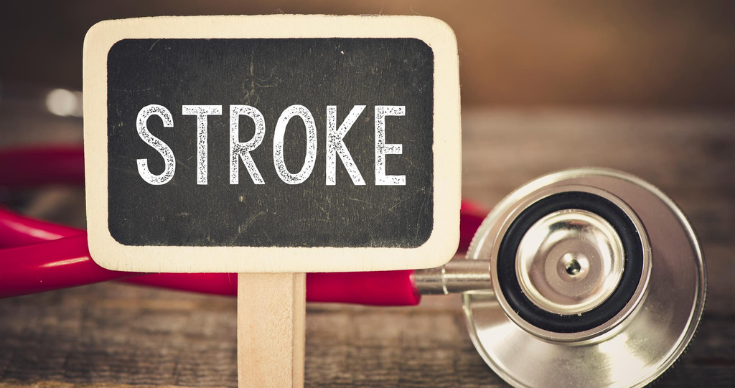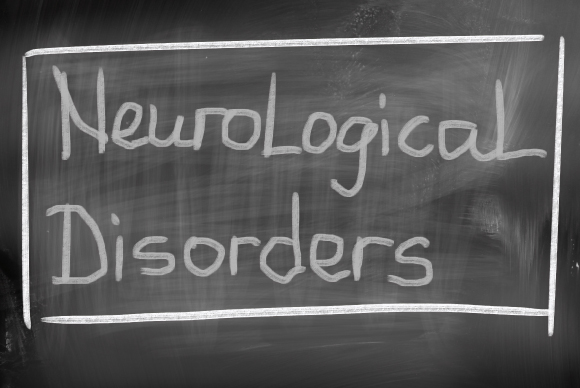All You Need To Know About Stroke
A medical emergency can happen any day, any time, with or without any warning signs. The most common medical emergencies in Kolkata are a heart attack, stroke, cardiac arrest and road accidents. Often people assume heart attack and stroke to be the same thing, but they are not. Let’s understand some crucial aspects of stroke in brief.
What Is a Stroke?
Stroke is a medical emergency which occurs when blood flow to the brain stops and as a result, the brain cells begin to die. A heart attack is a similar medical emergency in which the supply of blood to the heart stops.
There are 3 kinds of stroke, namely
- Ischemic Stroke – When an artery is blocked
- Hemorrhagic Stroke – When a blood vessel is ruptured
- Mini Stroke (Transient Ischemic Attack) – When a blood vessel is damaged temporarily
Though a mini-stroke doesn’t have any long term effect on health for most people, some patients are left with some disability for life. A mini-stroke also uplifts the risks of having a stroke in the future, significantly.
What Are The Symptoms Of A Stroke?
As already mentioned, stroke is a medical emergency and during stroke every second count. Thus it is crucial to be able to identify stroke on time. But identifying stroke can be challenging for people in general. In this regard, we all should be aware of a simple acronym FAST. So, if you suspect anyone to have a stroke, check the following.
- Face Dropping – Ask them to smile to check the facial muscles. If you observe one side of the face to be dropping or if the smile appears to be uneven, it might indicate a stroke.
- Arm Weakness – Ask them to lift both arms and see if they can. Also, check if they complain of numbness in one arm.
- Speech Difficulty – Ask them to check how they respond and see if their speech seems slur or abnormal or if they are able to understand your command.
- Time To Call Ambulance – If any of the above-mentioned symptoms are present, don’t hesitate and call the ambulance immediately.
Apart from these obvious symptoms of a stroke, there are few other minor symptoms as well. These include-
- Severe, sudden headaches
- Blurry vision or difficulty focusing on one/both eyes
- Paralysis/numbness/weakness in body part/s
- Trouble walking or loss of balance
- Dizziness or confusion
- Loss of memory
- Muscle stiffness
- Involuntary eye movement
So, always remember, ‘if you suspect a stroke, then be FAST’. If you are not entirely sure, get it addressed at the nearby healthcare provider. Treatment on the right time will reduce the risk of disability or even death.
The symptoms of stroke may vary depending upon severity. On one hand mild stroke might have a temporary weakness; on the other hand, any sever stroke can end up causing permanent paralysis.
ILS Hospitals is all set to offer accurate diagnostics and prompt treatment for stroke and other medical emergencies. Our expert doctor and paramedic team monitor the patient round the clock, on our ICUs. For more information, visit us.
5 Most Common Neurological Disorders You Should Know
Neurological diseases are disorders of the central and peripheral nervous system. It includes the organs, namely, the brain, spinal cord, and autonomic nervous system, along with cranial and peripheral nerves. It can also include nerve roots, neuromuscular junction, and muscles in these regions. It requires extensive diagnosis and treatment from specialist neurologists.
Neurological disorders include a wide range of illness such as Epilepsy, Severe Headache, Parkinson’s Disease, Spinal Cord Tumor, Brain Tumors, Memory Disorders, Multiple Sclerosis, Stroke and many more.
Today, let’s list a few of them in details.
1. Dementia and Alzheimer’s
It is the condition in which the person loses the ability to think or recollect things on a regular basis. It imparts the memory and often can be seen as an inevitable process of old age. It also includes symptoms like language difficulties and change in behavior. This can lead to agitation, delusions, aggression that may also lead to emotional outbursts. In severe cases, the person might need help even for day to day activities like bathing and eating, etc.
2. Parkinson’s Disease
It is a group of disorders that affect the motor senses in the body. It projects symptoms like trembling of body parts like hands, legs, arms, face, and jaw. It can also lead to stiffness of limbs and posture instability, imbalance and lack of coordination while making movements. Parkinson’s Disease can onset after the age of 50, but it might happen to people even before that, depending upon case to case. Unfortunately, it is not possible to treat them completely, but it can be managed effectively with proper medicines and support.
3. Epilepsy
This is yet another type of neurological disorder that is caused by abnormally high electrical impulse into the brain. As a result, the body starts to have seizures. Seizures can be characterized by involuntary and abnormal, vibration-like movement of the body. The magnitude of such seizure can vary from minor, mild to major, thus the range of its treatment varies as well. It requires proper training of the family members for minor episodes, along with the promptness to avail treatment.
4. Stroke
Stroke is a severe condition that occurs when the blood vessels supplying oxygenated blood to the brain, bursts or gets clogged in between. As the brain gets starved of the oxygen and nutrients, it can undergo some severe damage and thus considered as a medical emergency and need intensive care at the earliest. Even after the critical hours as passed, it is crucial to undergo follow up to evaluate the cause of stroke and ensure a full recovery.
5. Multiple Sclerosis
This neurological disease counts as an autoimmune disease which damages the outer layer of the nerve cells. While this outer, protective layer gets damaged, it leads to nerve impairment and in turn, leads to several other diseases. Its treatment options include medicines to suppress the immune system and manage the symptom.
For these and more neurological condition, seek appointment from our neurologists at ILS Hospitals on time.



